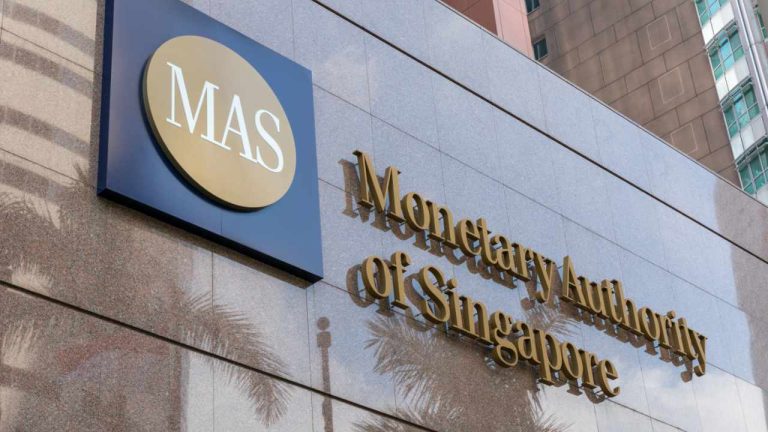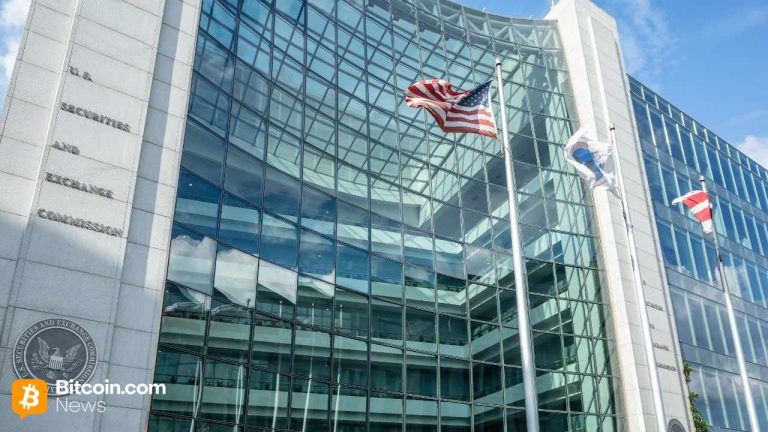Singapore Considers Stricter Rules for Retail Crypto Investors — Regulator Says Cryptocurrencies Are ‘Highly Hazardous’

Singapore’s central bank, the Monetary Authority of Singapore (MAS), is contemplating imposing stricter rules on retail crypto investors. “MAS regards cryptocurrencies as unsuitable for use as money and as highly hazardous for retail investors,” said the central bank chief.
New Rules May Be Coming to Retail Crypto Investors in Singapore
Ravi Menon, the managing director of the Monetary Authority of Singapore (MAS), the Singaporean central bank, talked about cryptocurrency regulation at the Green Shoots seminar Monday.
He outlined five areas of risk in digital assets that the central bank’s regulatory approach is focused on. They are combating money laundering and terrorist financing risks; managing technology and cyber-related risks; safeguarding against harm to retail investors; upholding the promise of stability in stablecoins; and mitigating potential financial stability risks.
The central bank chief noted:
MAS regards cryptocurrencies as unsuitable for use as money and as highly hazardous for retail investors.
“Cryptocurrencies lack the three fundamental qualities of money: medium of exchange, store [of] value, and unit of account,” he emphasized.
Menon explained that the new regulatory measures will make it more difficult for retail investors to trade cryptocurrencies. “Adding frictions on retail access to cryptocurrencies is an area we are contemplating,” he revealed, elaborating:
These may include customer suitability tests and restricting the use of leverage and credit facilities for cryptocurrency trading.
However, the central banker stressed:
But banning retail access to cryptocurrencies is not likely to work.
“The cryptocurrency world is borderless. With just a mobile phone, Singaporeans have access to any number of crypto exchanges in the world and can buy or sell any number of cryptocurrencies,” he opined.
“MAS’ development strategy makes Singapore one of the most conducive and facilitative jurisdictions for digital assets,” Menon concluded. “At the same time, MAS’ evolving regulatory approach makes Singapore one of the most comprehensive in managing the risks of digital assets, and among the strictest in areas like discouraging retail investments in cryptocurrencies.”
What do you think about the comments by the head of the Singapore central bank? Let us know in the comments section below.




